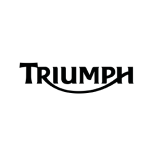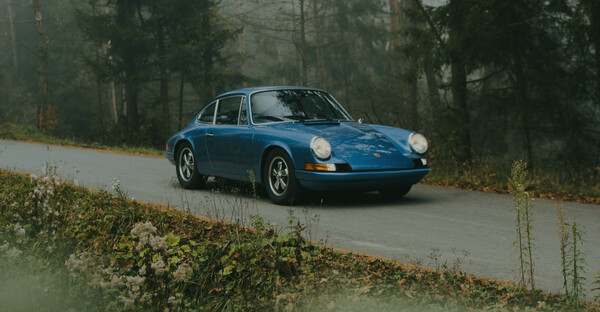Description
The car we are proposing is in excellent condition with "British Racing Green" colouring and black interior, recently subjected to a total restoration of both the mechanics and the bodywork, new hood and windows. Tonneau cover, chrome wire wheels, heater, Motolita steering wheel complete the equipment. ASI Targa Oro homologated and ready for any use and test drive. Built in three series, later called TR3, TR3A and TR3B by the public, they were actually all TR3 at the manufacturer.
The first series, better known as the "narrow mouth", is the one that most closely resembles the style of the previous TR2, from which it does not differ much: the radiator grille, i. e. the front grille to the radiator, the cylinder head, the diameter of the SU carburettors and little else. At the end of 1956, the car was switched to front disc brakes, an important innovation for those years, introduced shortly before by Jaguar.
They behaved well in racing because the excellent mix of performance and stability was complemented by the characteristic very low beltline that not only made it practically possible to touch the asphalt with one hand while sitting in the driver`s seat, but also to see the pressure gauge almost without moving your head. In 1957 the second series, more commonly called 3A, substantially modified the front end with the adoption of a larger grille (the so-called "wide mouth"). This was to overcome cooling problems in hot places by suggesting a larger air supply to the radiator as a solution. The headlights are set back slightly, the bumper and its rostrums are also changed, the lights are now incorporated into the grille, and the shape of the seats made more comfortable and enveloping. External door handles are adopted, which make it easier to enter the car when the hood and windows are fitted, but disturb the clean lines of the side a little. The engine remains largely unchanged at 100 hp. The 3A was the model that would eventually be produced the longest of the three, from 1957 to 1961, and with just over 58, 000 built it was a huge success. Triumph marginally revamped the model in 1962, the last year of production, with a final batch of 3, 334 cars for the American market alone: the TR3 B. Most of these, but not the first, adopted the engine up to 2. 2 litres and a now fully synchronised gearbox. This last batch of TR3s, built alongside the TR4s, was produced at the specific request of American dealers, who felt that for a time, alongside the more expensive and sophisticated new TR4s, the spartan and more economical TR3 could fill a still existing market niche. The last twenty-nine chassis destined for the TR3 B never became this glorious spider, but were used by Vignale for the Triumph Italia, the handsome Michelotti-designed coupé of which 329 examples were produced in all.















